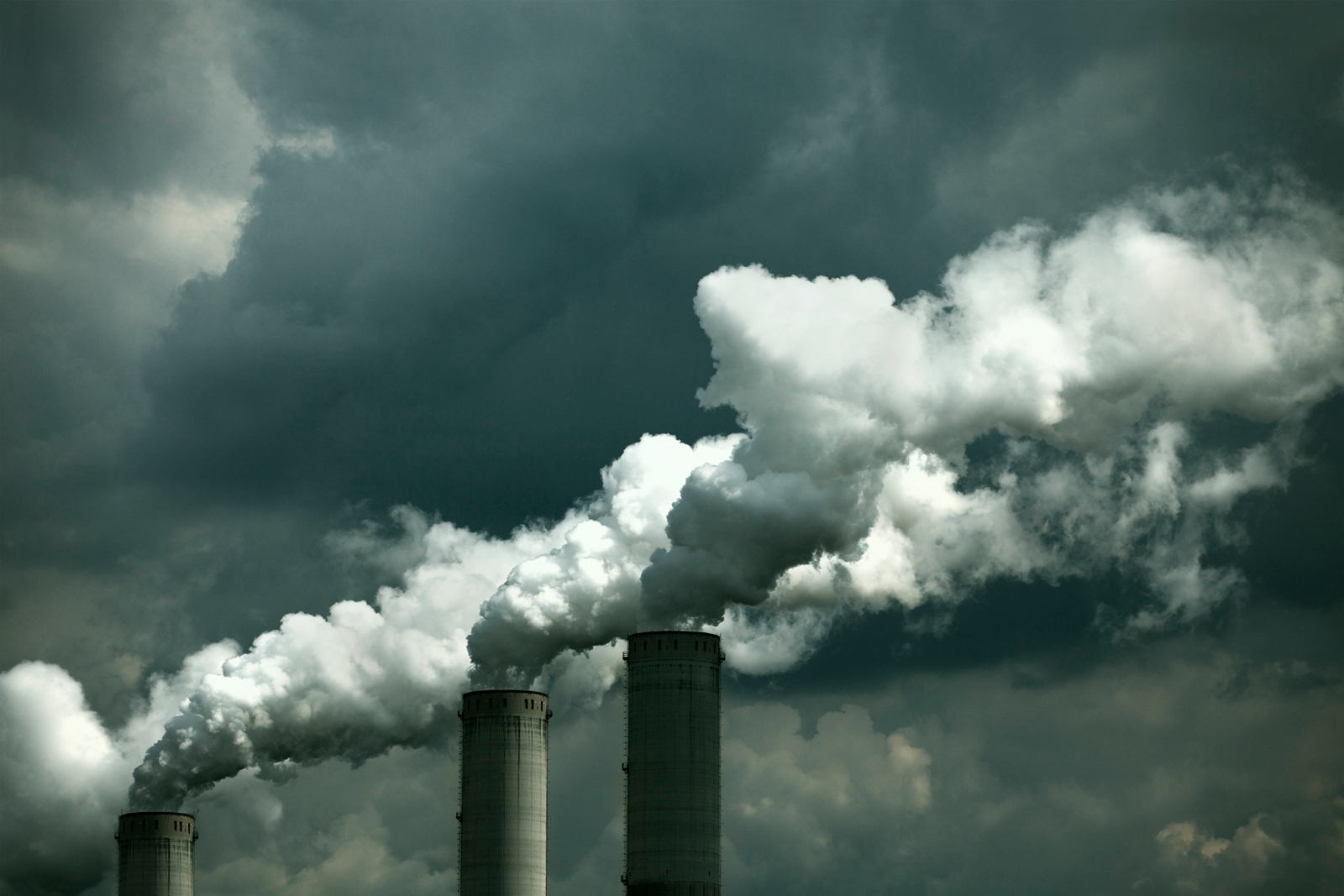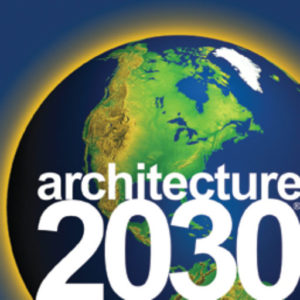The Beginning of the End?
January 2015 | Research & Analysis

Does 2015 mark the beginning of the end of the fossil fuel era?
For the first time:
- EU interim 2030 target set on road to 80%–95% emissions reduction by 2050
EU leaders agree on a 2030 greenhouse gas reduction target of at least 40% compared to 1990 levels.- Targets up to 2050
- 2030 Framework for climate and energy policies
- Architecture 2030 presents Roadmap to Zero Emissions
Architecture 2030 presents the Roadmap to Zero Emissions at the Organization of Economic Cooperation and Development (OECD) CCXG Global Forum in Paris, and United Nations Framework Convention on Climate Change (UNFCCC) meeting in Bonn.
- UIA pledges to phase out carbon by 2050
The International Union of Architects (UIA), with member organizations representing over 1.3 million architects in 124 countries worldwide, unanimously adopted the 2050 Imperative, a declaration to eliminate CO2 emissions in the built environment by 2050.
- OECD Secretary General and head of UNFCCC call for Zero Emissions
“We are on a collision course with nature. Now is the time for us to take bold decisions.” (Angel Gurria, OECD)
“No architect should design buildings that import a huge amount of energy. Each building should produce as least as much energy as it’s going to need.” (Christiana Figueres, UNFCC)
- Catholic bishops ask for “end to the fossil fuel era”; Pope Francis to issue climate change call to arms
At the UNFCCC meeting in Lima, Catholic bishops from all continents asked all nations to “put an end to the fossil fuel era”. Pope Francis will call on the world’s 1.2 billion Catholics to address climate change.
- Head of World Bank calls for “zero net emissions”
The World Bank joins growing momentum behind the drive to ensure a 2015 climate deal will wipe out fossil fuel use.- World Bank chief calls for “zero net emissions” climate goal
- Transforming the Economy to Achieve Zero Net Emissions
- Cities pledge zero or near zero carbon by 2050; Districts set 2030 targets
Berlin, Boston, Boulder, Copenhagen, London, Melbourne, Minneapolis, New York, Oslo, Portland, San Francisco, Seattle, Stockholm, Sydney, Vancouver, Washington, DC, and Yokohama have committed to an 80% or greater reduction in emissions by 2050. 2030 Districts in Seattle, Pittsburgh, Cleveland, Los Angeles, San Francisco, Denver, Stamford, and Dallas set 50% energy, water and emissions reduction targets by 2030.
- U.S. and China Announce Historic Climate Change Agreement
The world’s two largest economies and GHG emitters agree to curb emissions, paving the way for a UNFCCC climate agreement in Paris in 2015.
- One hundred nations call for zero fossil fuels emissions
This past month, one hundred nations at the UNFCCC meeting in Lima called for an end to fossil fuels.
- New renewable power surpasses new fossil fuel power
More new renewable energy generating capacity is being installed worldwide each year than new capacity in fossil fuels and nuclear power combined.
IRENA: REthinking Energy

Solar energy is now cost competitive with fossil fuels
The average cost of solar panels is now about 75% less than it was just five years ago, and the price continues to fall.

Solar industry jobs exceeds projections
- Solar industry employment grew 10 times faster than the average employment rate in the U.S., and has the fastest annual job growth rate at 20%.
It certainly seems to us that all this marks the beginning of the end of the fossil fuel era. Historic developments in 2014 advanced at a breakneck pace; it looks like 2015 may be even more extraordinary. Stay tuned.
ABOUT US
Architecture 2030’s mission is to rapidly transform the built environment from the major contributor of greenhouse gas emissions to a central solution to the climate crisis.



